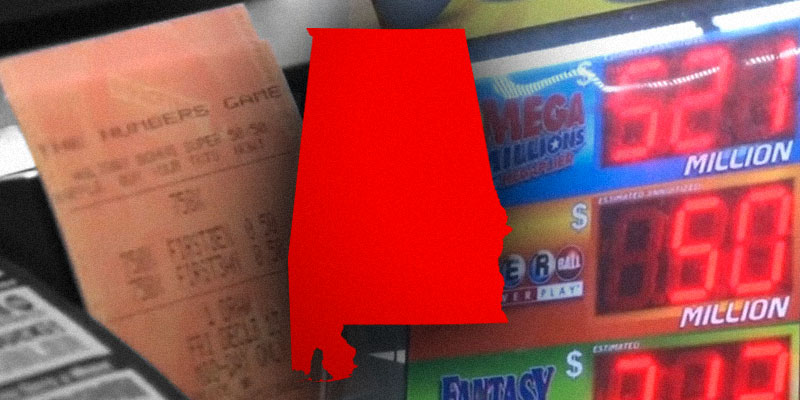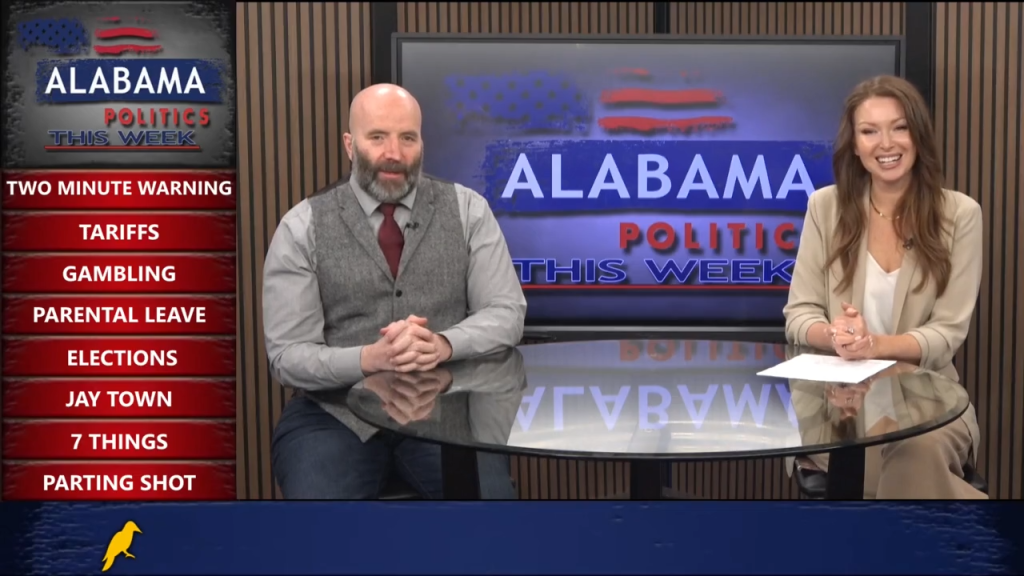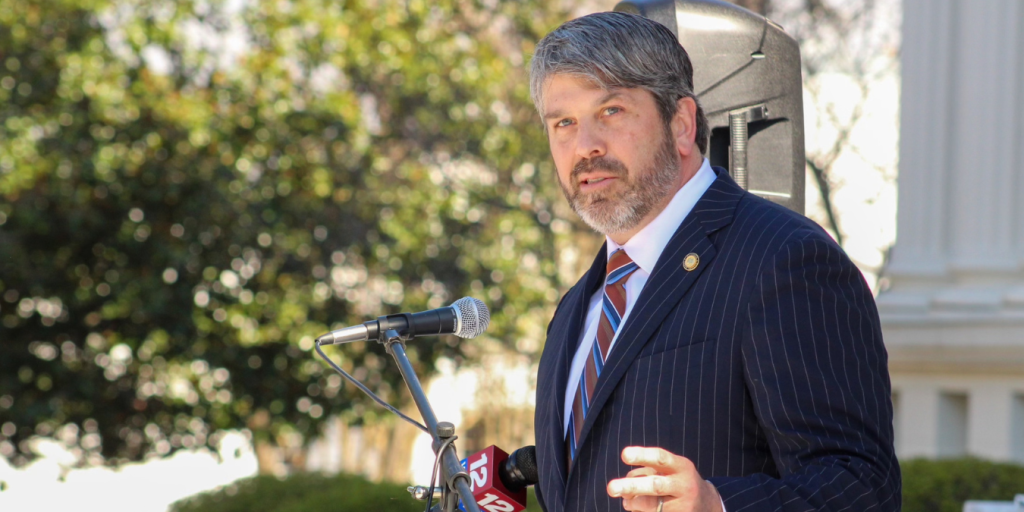Later this week, the House of Representatives is expected to hold a floor vote on a so-called comprehensive gaming proposal, which, if passed, would be a key move toward the proliferation of legal gambling within the state of Alabama.
However, the version the House is considering appears to have some significant differences from the bill passed by the Alabama Senate last month.
According to sources familiar with the legislation, the initial drafts of the legislation and supporting documents appear to have originated from Gov. Kay Ivey’s office. Yellowhammer News has obtained copies of the legislation and supporting documentation being considered by members of the Alabama House.
Highlights as follows:
Lottery:
The Senate bills provide for an Alabama Education Lottery Corporation established to administer the lottery. In the Senate version of the legislation, three members are appointed by the governor, one by the lieutenant governor, one by the president pro-tem of the Alabama Senate, one by the Speaker of the Alabama House and one by the state’s attorney general.
Under the House proposal, all seven members are appointed by the governor “with the advice and consent of the Senate.” The House version also establishes the Revenue Commissioner, Finance Director and State Treasurer as ex officio, non-voting members.
Each member under the Senate bill would serve a five-year term. However, under the House version, the member “may be removed by the Governor for cause for certain delineated conduct.”
Under the Senate’s bill, a lottery retail advisory board is appointed by members of the Alabama legislature. However, the House version of the bill eliminates the board.
Another significant difference between the House and Senate proposals is the legal age to be eligible to play the lottery in Alabama. Under the Senate, retailers are prohibited from selling to those under 21. Under the House version, the age is 19.
Lottery proceeds under the Senate version are split evenly between the education trust fund (70% allocated for K-12 education and 30% for higher education) and a postsecondary scholarship fund. The House bill shifts the funds completely to scholarship with varying ranges of eligibility for recipients.
Gaming:
Similar to the Lottery Corporation, the Senate effort creates the Alabama Gaming Commission, which includes two appointments from the governor, one from the House Speaker, one from the House Minority Leader, one from the Senate President Pro-Tem, one from the Senate Minority Leader and one by the lieutenant governor. However, the House version allows for the appointment of those seven members solely by the governor, with input from leadership within the Alabama legislature, who would submit nominees.
Under the Senate bill, a gaming advisory board is created with appointments to the board made by different members of the state government, ranging from the governor to the director of the Alabama Department of Tourism. However, in the House bill, there is no Alabama Gaming Commission Advisory Board.
Casino locations:
Under the Senate proposal, casino licenses would be offered for locations that would include Jefferson County, Macon County, Mobile County, Greene County, Houston County and a location in either Jackson or DeKalb Counties and be bid upon in a quasi-competitive process.
The House bill defines the specific sites in those counties but includes a list of criteria to be considered in the competitive process for the license, as follows:
• The prospective casino operator’s license fee.
• Its experience in operating pari-mutuel wagering, casino-style games, and sports betting.
• Its familiarity with the local market.
• Its existing or past investments in the relevant jurisdiction.
• Its ties to, and support of, the community.
• Its anticipated annual revenues.
• Its commitment to make capital investments.
• Its commitment to employ local citizens.
• Its plans for recruiting a diverse workforce.
• Its track record for hiring, developing, and promoting a diverse workforce.
• Its commitment to offer certain amenities, such as hotels and restaurants.
• Its security and logistical plans.
• Its plans to facilitate the responsible play of gaming.
Gaming revenue distribution:
The Senate offers percentages of how the revenue is split, with a one-time $750 million expenditure dedicated to IT infrastructure that would reportedly improve rural broadband access throughout the state. Beyond administration costs, the Senate would split revenue before meeting the $750 million appropriations as follows: 65% to IT infrastructure, 25% for health care/rural health care and 10% for mental health care.
Upon reaching the $750 million, the distribution changes as follows: 25% for capital/nonrecurring expenses, 25% for health care/rural health care, 10% for IT infrastructure, 15% for infrastructure, 15% for mental health care and 10% would go to cities/counties as administered by Alabama Department of Economic and Community Affairs (ADECA).
In the tentative House bill, monies are set aside for local governments near where casinos are operating. However, a whopping 40% would go to what is described as “health care services,” and all other funds could be used for “other non-recurring expenses that service a public purpose.”
Sports wagering:
A 20% tax is levied on sports wagering proceeds in the Senate version. The House bill ups that total to 23%.
Compact with the Poarch Band of Creek Indians:
The Senate bill requires the governor to negotiate a compact for the operation of casino gaming on tribal land. However, the House version softens the language to say the governor “may negotiate.”
Complete comparison of SB319, SB309, SB310 and SB311 as passed by the Senate versus the House proposal:
House draft substitutes:
SB319
SB309
SB311
@Jeff_Poor is a graduate of Auburn University and the University of South Alabama, the editor of Breitbart TV, a columnist for Mobile’s Lagniappe Weekly, and host of Mobile’s “The Jeff Poor Show” from 9 a.m.-12 p.m. on FM Talk 106.5.













